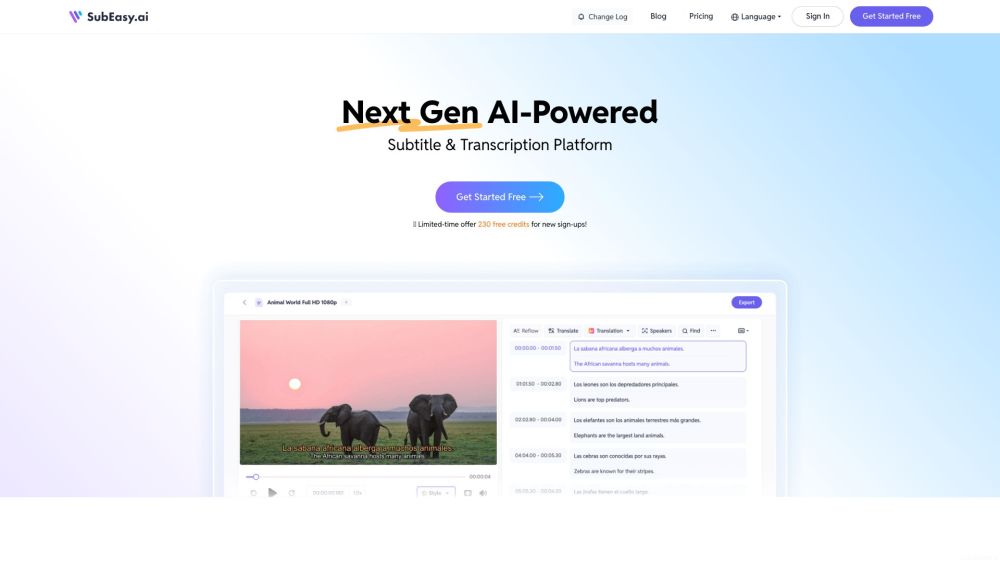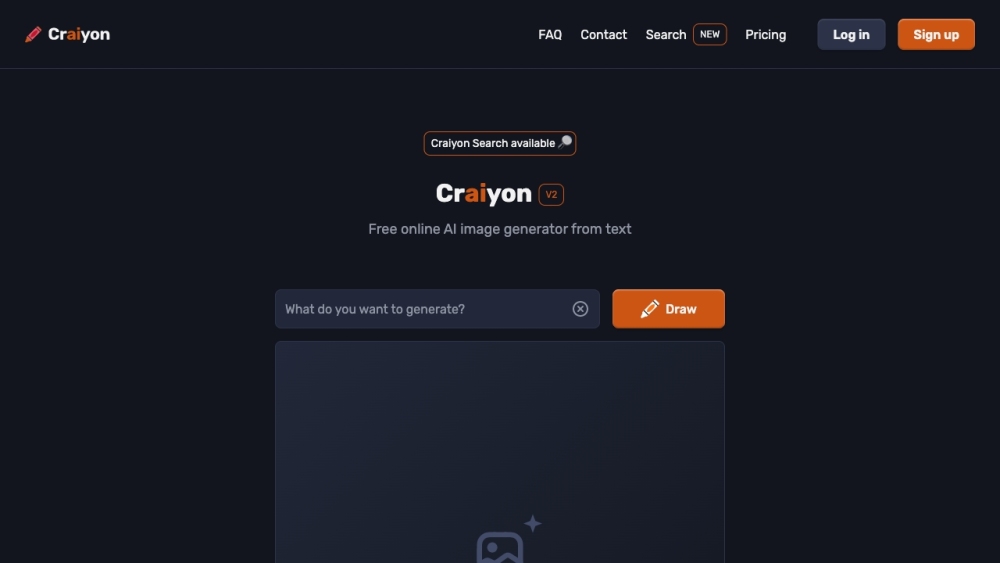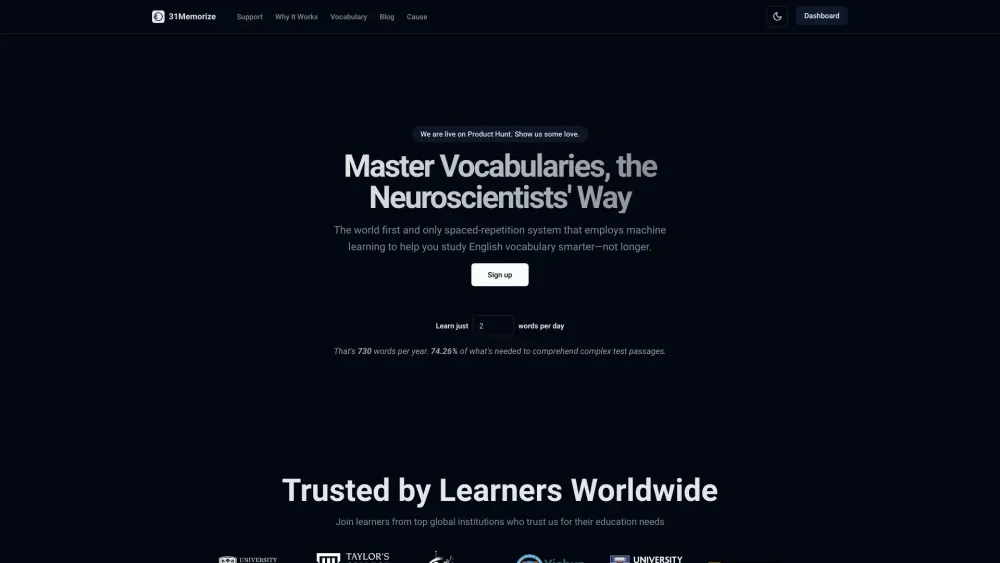OpenAI Launches AI Search Tool SearchGPT: Failed Demo Sparks Concerns and Interest
Most people like

AI-Powered Subtitle Transcription and Translation: Enhance Your Content with Advanced Technology
In today’s digital landscape, clear and accessible communication is vital. AI-powered subtitle transcription and translation streamline your video content, making it more engaging and inclusive for global audiences. By harnessing the power of artificial intelligence, you can ensure accurate and timely subtitles while reaching diverse viewers seamlessly. Discover how AI technology can elevate your video production and broaden your audience reach.

Elevate your productivity with ScriboWriter, your ultimate solution for crafting emails and generating high-quality content effortlessly.

Previously known as DALL·E mini, Craiyon is the new kid on the tech block and the best AI art generator (in our community’s words!). The brainchild of our CEO, lead researcher, and AI hero, Boris Dayma, Craiyon is a free AI image generator that’s painting a new generation for the AI art revolution through our own model.

Enhance Your English Vocabulary with Smart Learning Techniques
Unlock the power of effective English vocabulary learning with innovative strategies tailored to boost your language skills. By employing smart techniques, you can expand your vocabulary efficiently and confidently. Discover how to optimize your learning experience while mastering the nuances of the English language.
Find AI tools in YBX
Related Articles
Refresh Articles
